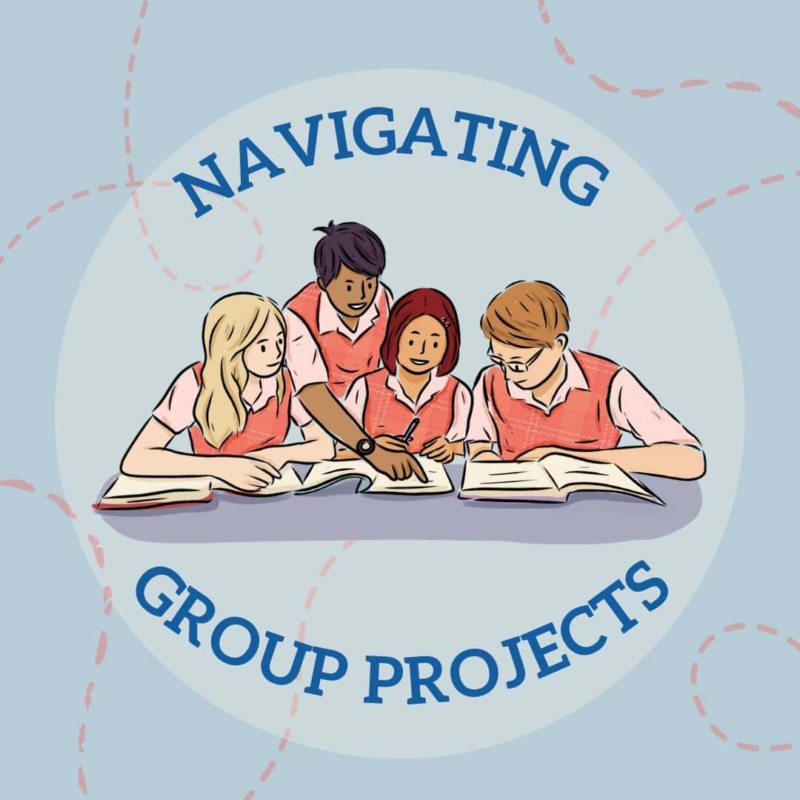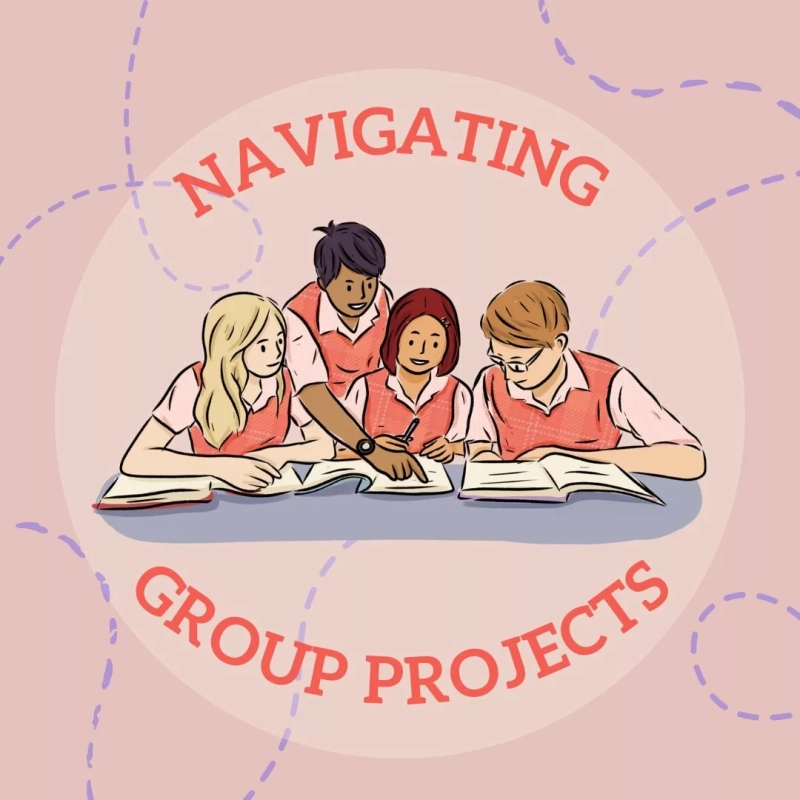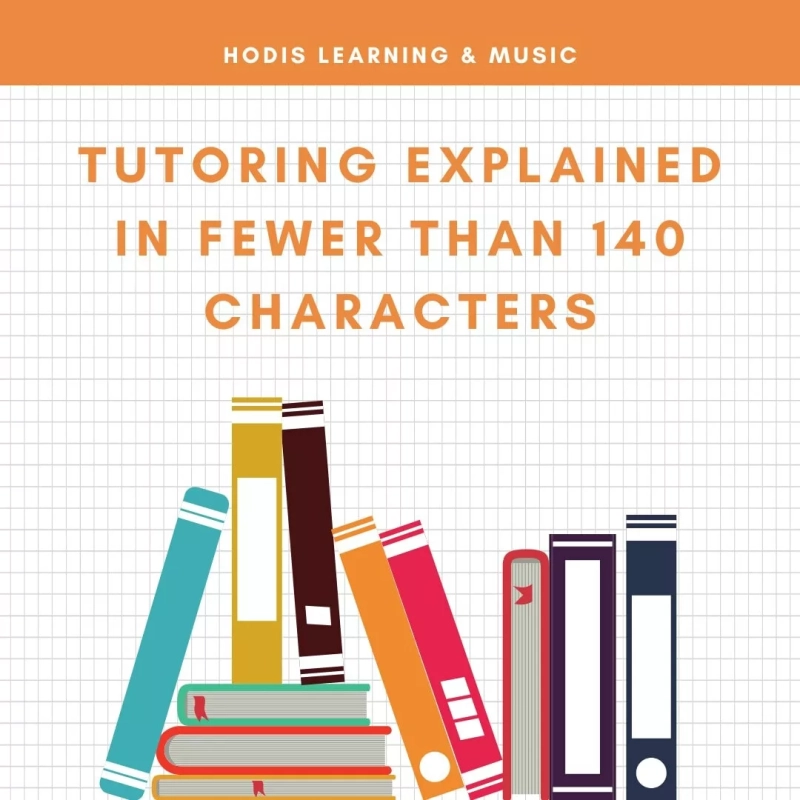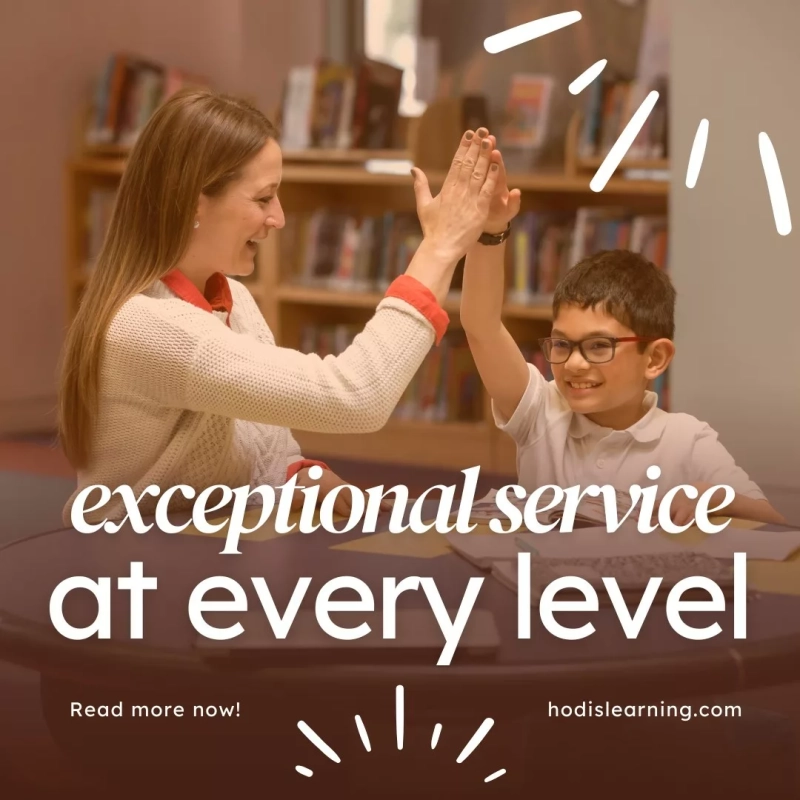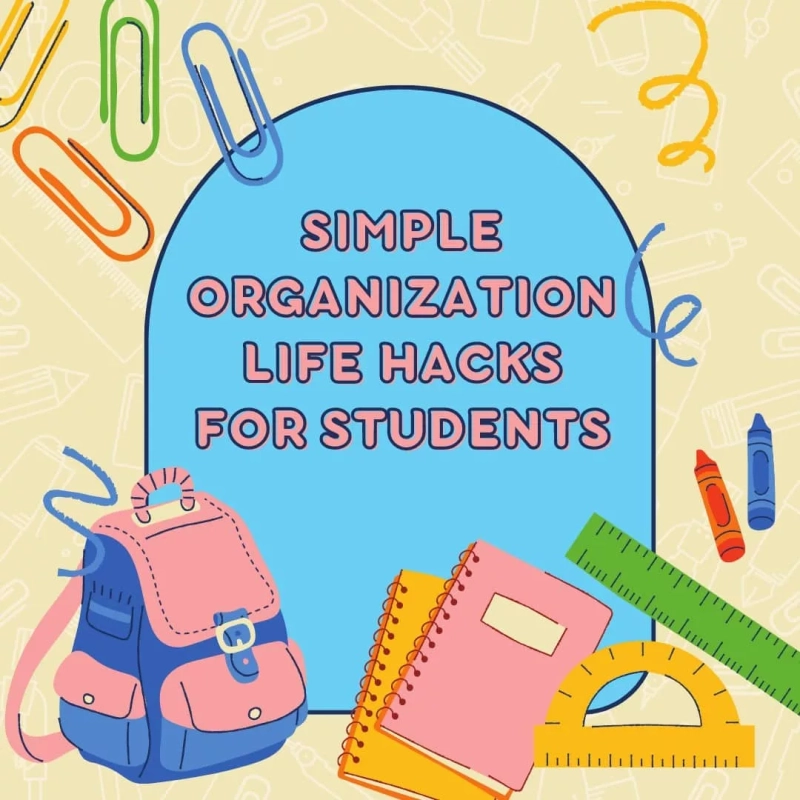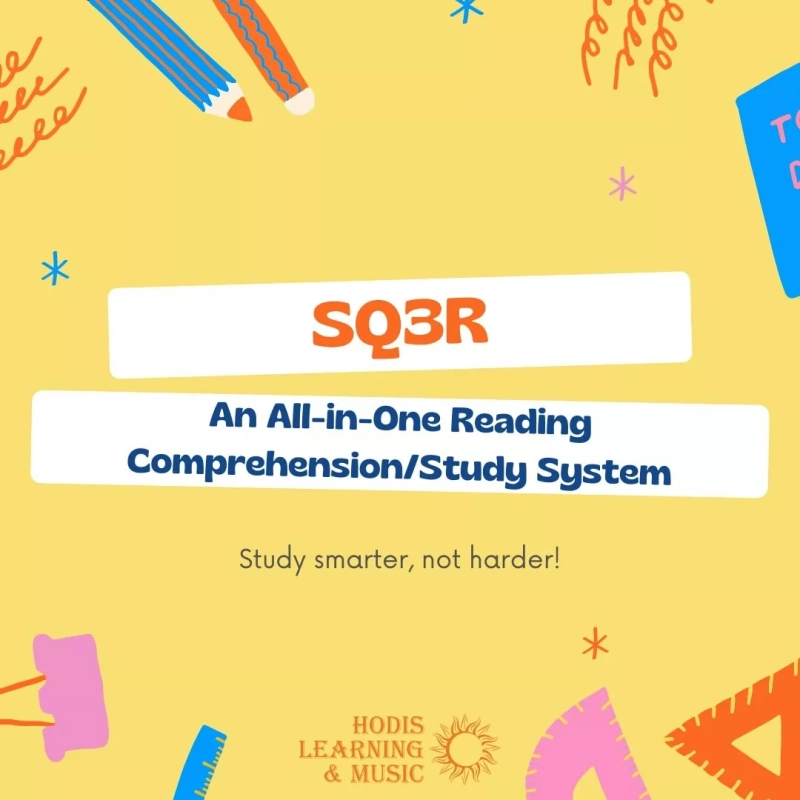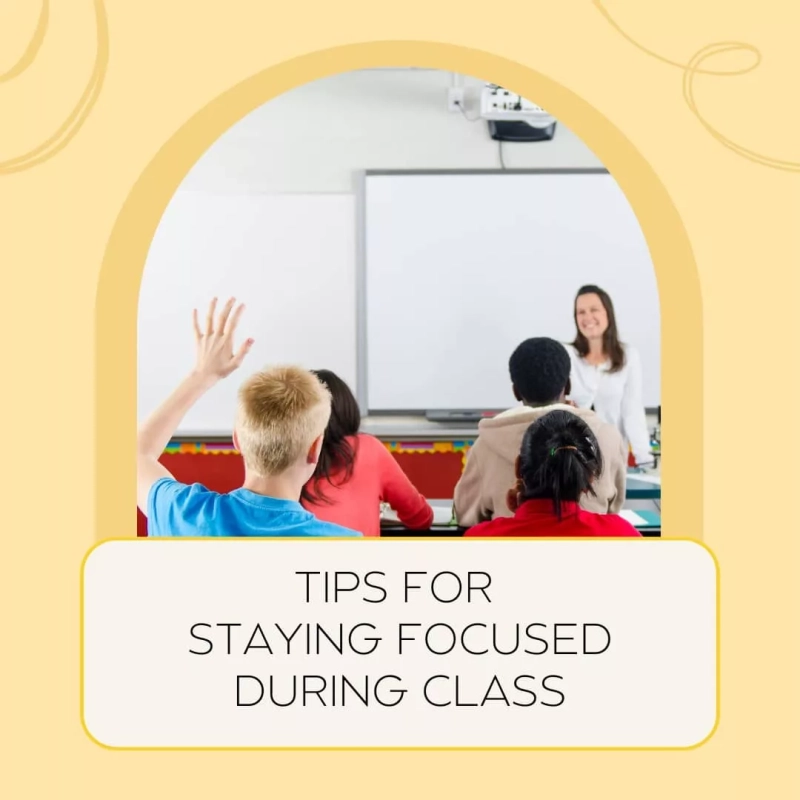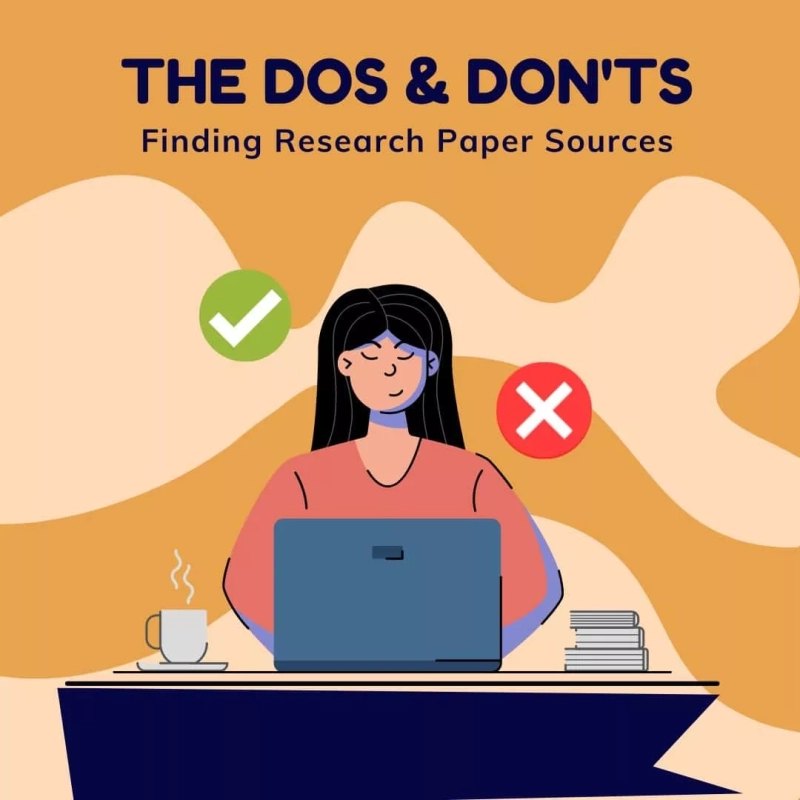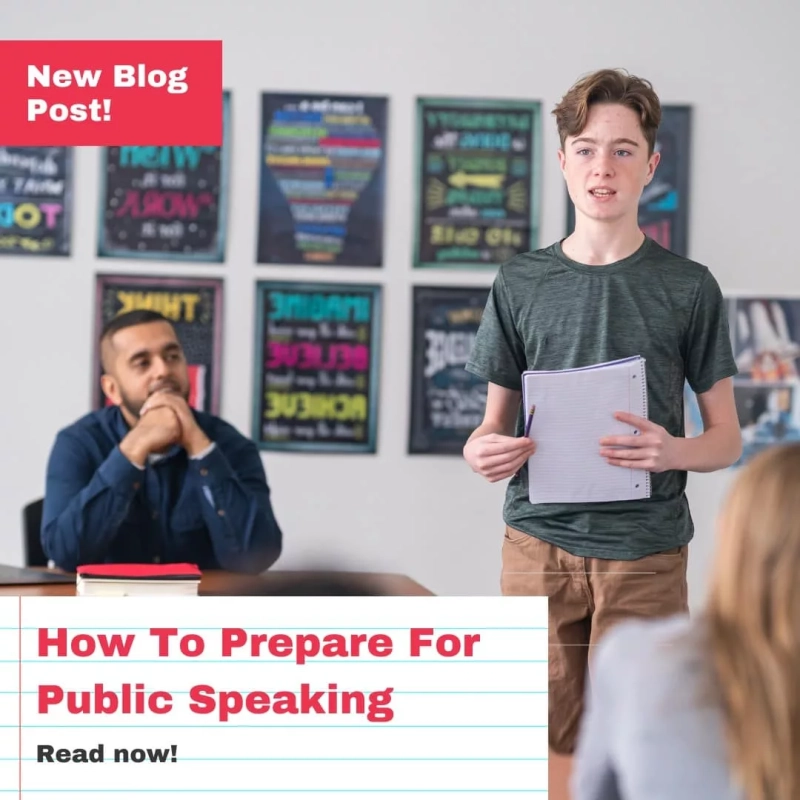Some students find themselves struggling with a lack of organization skills, which can be a frustrating and overwhelming experience. But there’s hope! Organization, like any skill, can be learned.
I used to be very disorganized with a chaotic room, a messy backpack, and a generally disorganized academic life. And my grades and wellbeing suffered because of it. So I began learning organizational skills with the help of a tutor and other mentors. After learning the appropriate organization skills, I continued working on them until they became second nature. In doing so, I saw huge changes in my life: I graduated from college magna cum laude, and now I’m a PhD student and I run my own business.
Whether you are a parent or a student reading this, remember to try working on one or two of the skills listed below at a time. When you’re comfortable with those skills, try integrating more tips into your toolkit. When attempting to instill good organizational habits, it is imperative for the adults at home to exemplify positive role modeling and to remain patient and encouraging.
Create a Schedule
Having an organized schedule allows you to see a physical representation of managing time. Carve out blocks of time in your schedule for completing tasks and make a point to follow that schedule. Most students find it helpful to even block out time for homework and studying so that no other obligations can get in the way of their academics. There are plenty of schedule makers online and in the App store. Go with one that works best for you! I personally use Calendars 5 as I like how it visually displays my schedule.
Create a To-Do List with Priority Indicators
To-do lists are one of my all-time favorite organization tools. Making a to-do list is an effective way to see all your priorities in one place. And ranking them in order of importance gives you insight into which tasks should be completed first. I usually put little things (things that take 20 minutes or less) on to-do lists while longer activities will go directly on my schedule. If I notice that I’ve been putting off completing to-dos, then I will carve out blocks of time on my schedule for scratching those items of the to-do list.
Set Goals at the Beginning of the Week
Planning out your week in advance is an easy and effective way to stay on top of your schedule and goals for the week. Setting goals on the weekend allows you to plan accordingly to accomplish your goals during the week and to navigate any variations in your regular schedule. For example, if you know you need to finish an essay this week and it’ll take a few hours, make sure to carve out that extra time in your schedule ahead of time so that you’re sure to complete it.
Clean Your Study Space, Backpack, and Binder
Most students find it difficult to stay mentally organized when their room, backpack, and binder are chaotic. An organized physical environment makes it easier to organize your mind. And an organized mind means having more energy for completing your academic work!
Use Color Coding and Labeling
Color code your classes and label binders, notebooks, journals, and folders. For example, use a red binder for math class and a green binder for English class, and label folders within each binder for homework, notes, important handouts, etc. Stay consistent, too. If you need a notebook for each class, then use a red notebook for math and a green notebook for English.
Pack Up Everything the Night Before
I used to scramble in the morning getting everything together, and I always ended up leaving something behind. Preparing your backpack, binders, and lunchbox the night before gives you more time to think of everything you’ll need for the next day, and you’ll be less likely to forget bringing something important to school. Packing up the night before allows you to have a peaceful morning dedicated to waking up and preparing for the day, too.
Do It Before You Forget It
If an unfinished priority suddenly comes to mind, it can be tempting to say “I’ll remember to do it later.” But with all the demands we have in our lives, it’s easy to forget! If you have the time and energy to do it, then do it as soon as the thought comes to consciousness! If you don’t have the time or energy in the moment, then write it down on your to-do list, schedule, or a reminder journal or app.
All these skills can seem impossible to learn – trust, me I know the feeling. If you have the motivation and you put in the time and energy, then you can do it! And if you find yourself struggling, rest assured knowing that you have resources at your disposal. The internet is full of executive functioning resources; read some of our other resource posts to work on your executive skills. Hodis Learning & Music also has expert tutors on staff who have years of experience helping students learn how to become more organized and better managers of their time.

